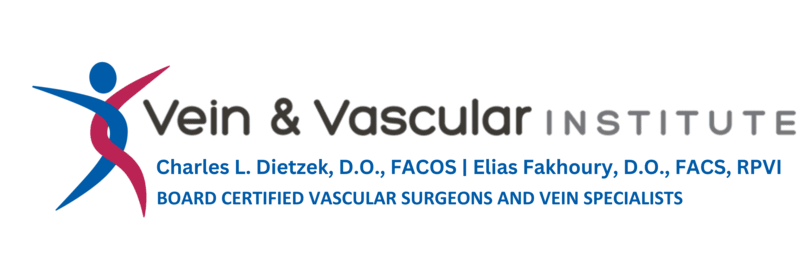Deep vein thrombosis can be serious and must be treated quickly. For this reason, it is important to know the warning signs of this condition so you can protect your vein health and get the treatment you need.
Table of Contents
ToggleWhat Is Deep Vein Thrombosis?
Deep vein thrombosis is a worrisome condition develops when a blood clot forms in a vein situated deep within the body. This condition is most common in the legs. If it isn’t treated promptly, deep vein thrombosis can lead to severe consequences. For example, the clot may break free and travel to the lungs, where it will block blood flow.
Warning Signs of DVT
Some of the warning signs of DVT may include:
- Swelling in the affected leg or swelling in both legs.
- Pain in the affected leg that feels like soreness or cramping.
- Discolored skin or redness.
- Warmth in the skin on the affected leg.
Diagnosing DVT
If you suspect that you may have deep vein thrombosis, you need to consult an experienced vein doctor as soon as possible. If your doctor suspects that you may have this condition, he or she may order a variety of tests, including venography, blood tests, ultrasounds, MRIs or CT scans. If your vein doctor diagnosis you with deep vein thrombosis, you will need vein treatment to deal with the condition and prevent serious complications.
Vein Treatment for DVT
In many cases, DVT can be treated effectively with blood thinners. These medications thin your blood, which prevents your current clot from getting bigger. They also prevent you from forming new clots. You may have to take blood thinners for as long as three months to resolve your condition completely.
If your DVT is more serious, you may need a different type of medication known as a clot buster. This type of medication breaks up clots to prevent further complications.
If you are unable to take medication that thins your blood or breaks up clots, your vein doctor may recommend placing a filter in the vena cava to catch any clots that may break free.
In addition to other treatments, your doctor may recommend wearing compression stockings to bring down swelling related to DVTs.
If you think you may be suffering from DVT or other vein problems, such as spider veins, please contact Vein & Vascular Institute today to make an appointment.
